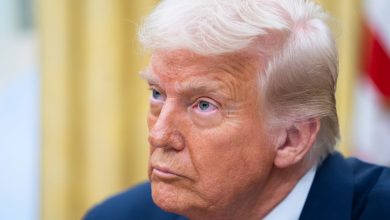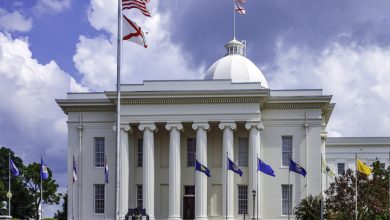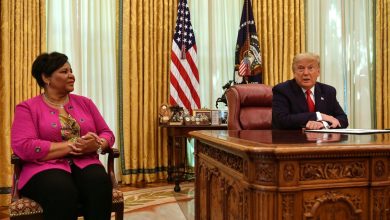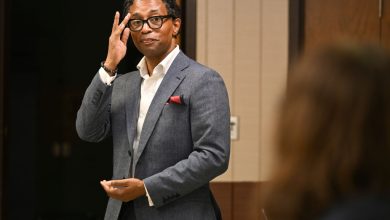After Supreme Court Ruling, TikTok Briefly Paused U.S. Operations After Coming Under Scrutiny For Chinese Espionage
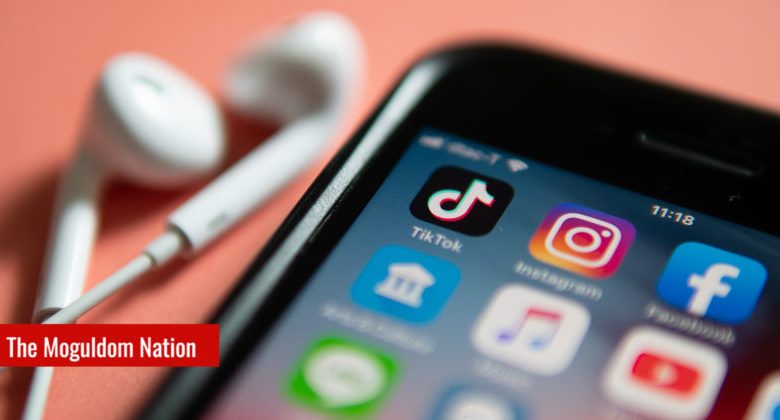
TikTok officially paused its operations in the United States on Jan. 18 following a U.S. Supreme Court ruling that upheld a ban on the Chinese-owned app, citing national security concerns. It was brief. Less than 24 hours later, the app was pack, along with a note praises President-elect Donald Trump.
“Thanks for your patience and support. As a result of President Trump’s efforts, TikTok is back in the U.S.!” No mention that Trump has yet to take office or that President Biden pointed out a day earlier that there would be no need for TikTok to go dark and that if it did it would be all a stunt, Barron’s reported.
Although the Supreme Court’s decision effectively enforced a law demanding that TikTok’s parent company, ByteDance, either divest its U.S. operations or face a ban by Jan. 19, Biden said he would not enforce a ban and instead he would leave the decision up to the incoming administration.
TikTok was removed from U.S. app stores, and when TikTok decided to shit down in the U.S., American users were met with a message indicating that the platform was unavailable “for now.” In response, TikTok announced its hope for a resolution with the incoming administration, thanking Trump for his willingness to “work with us” on a solution, CNN reported.
It was actually Trump who started the whole TikTok chaos. He previously made efforts to pressure ByteDance into selling TikTok during his first term, AP reported.
The suggestion, which would involve a partnership with ByteDance or a new group of buyers chosen by the U.S., aims to ensure TikTok’s continued operation while addressing national security concerns. Trump argued that such an arrangement would allow TikTok to thrive under U.S. oversight while maintaining its market value, which he claims could be worth hundreds of billions, if not trillions, of dollars, Yahoo reported.
The debate over TikTok’s future has sparked widespread concern about data privacy, with U.S. officials fearing that the Chinese government could exploit the app to access American user data or push propaganda. In response to these concerns, senators received a classified briefing outlining TikTok’s potential to spy on users, track personal data, and monitor communications through its access to devices, Axios reported.
But many Americans on TikTok have spoken out saying it’s not about data, but they thing it’s about control of the narrative and money. In protest, many TikTok uses, including Black creators, have signed on as a form of protest to Rednote, an app owned by a Chinese company based in Shanghai.
While President Biden’s administration has decided to defer action on the matter to Trump, the incoming president has vowed to delay the ban for up to 90 days. During this period, he plans to push for a solution that could involve a shift in ownership or operational control of TikTok. This legal and political standoff over TikTok’s future is set to continue as the U.S. government.
